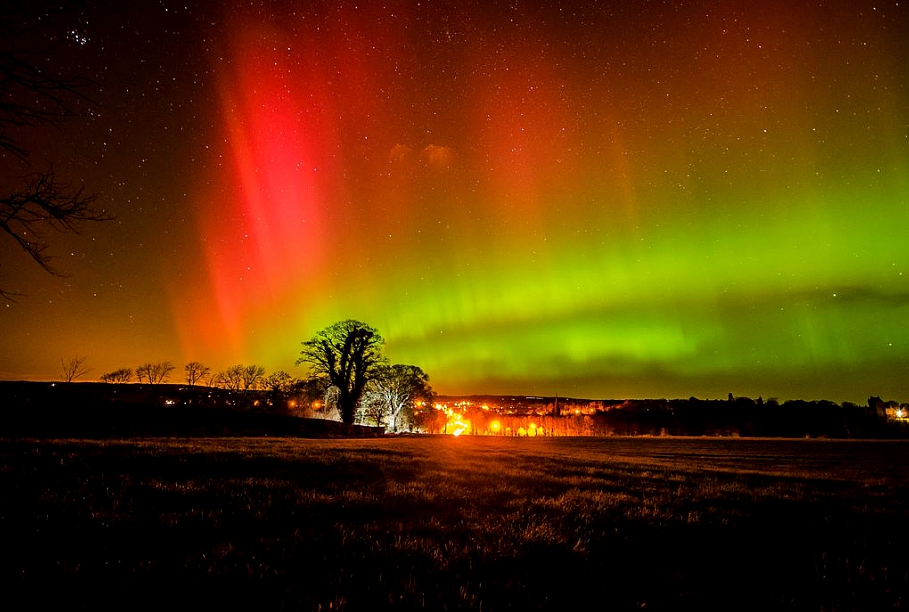Thanks to flashes on the sun observed on Monday, there's a possibility of northern lights or kāvi to appear in the sky over Latvia in the following days - and as the skies are expected to be clear, there's a good chance that clouds won't be interfering with the observations, Krastiņš said.
"According to current forecasts, the substance that burst from the sun is moving towards earth and, according to the current estimates, it should reach earth within two or three days.
Perhaps this turn of the year will be special in that the northern lights will be observable on December 30 or on New Year's Eve.
[..] On the night to January 4, soon after New Year's, in Latvia and elsewhere in the world a quadrantid meteor shower will be observable in Latvia and elsewhere in the world," said Krastiņš.
To see the northern lights look at the sky in the north-west direction or, as the midnight approaches, simply northwards.
The main 2016 event for sky watchers will be on May 9 when a Mercury transit is expected, an event that last happened in 2003.





























